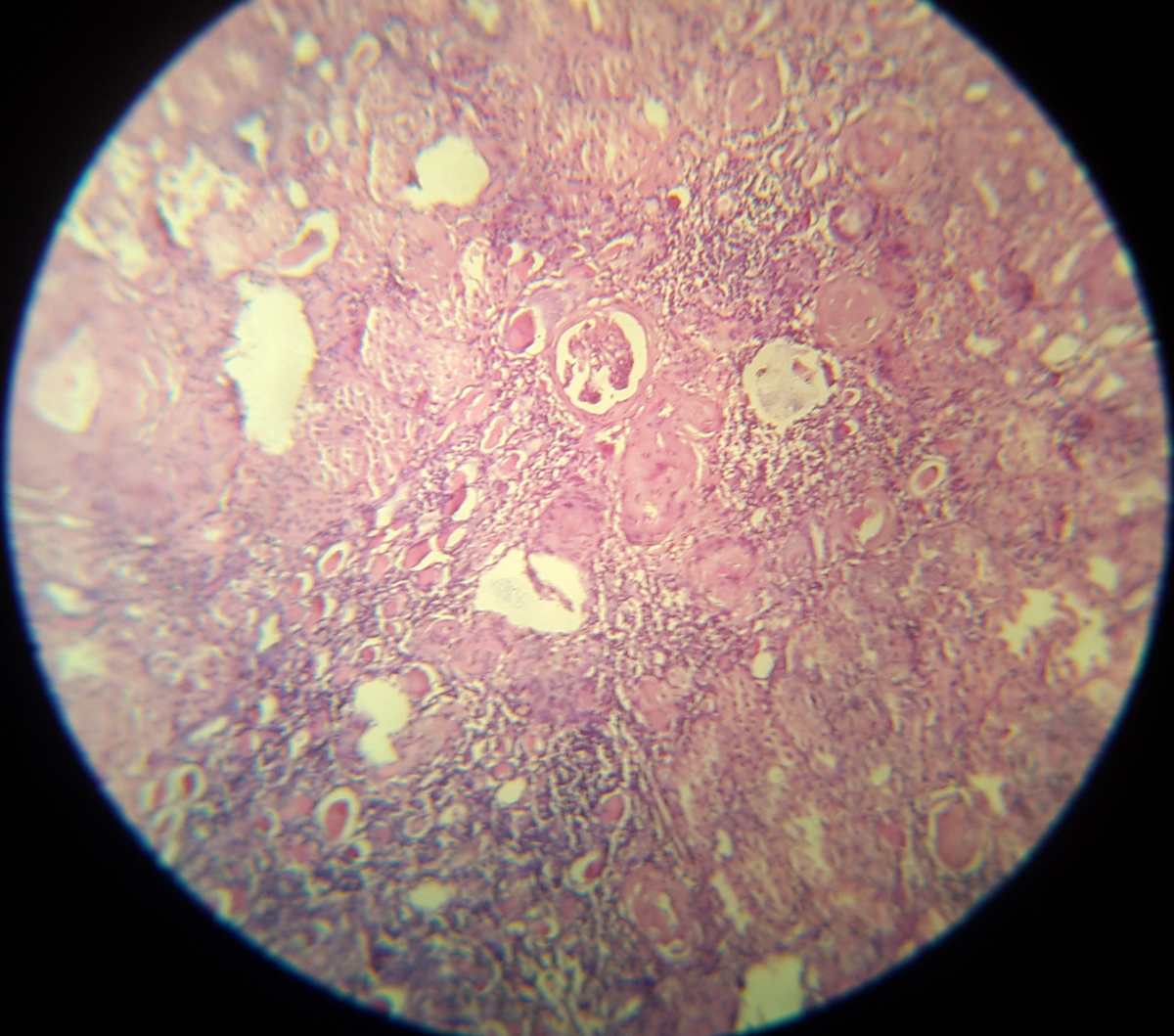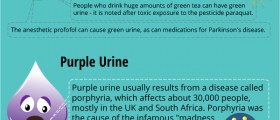
Pyelonephritis is the term which refers to the condition when the kidney and upper urinary tract are inflamed. This inflammation is caused by some bacterial infection of the bladder. It is not very serious, but if it is not cured on time, it can become chronic and can lead even to the state when kidney cannot function any more. In that case, dialysis or transplantation of kidney is necessary and unavoidable.
There are several symptoms and signs of pyelonephritis such as abdominal pain, lower back pain, fever, chills, vomiting, and even delirium in extreme cases. Diagnosis is made after the urine test and the indicators for the inflammation are bacteria and white blood cells in urine.
Pyelonephritis is more frequent in women, especially in young women, than in men and children. This is related to the frequent sexual activity of women in the period when they are young.
Chronic pyelonephritis is the continual kidney inflammation that can scar the kidney and further can lead to chronic renal malfunction. The chronic pyelonephritis usually occurs in patients who have vesicoureteral reflux or urinary difficulties. Chronic pyelonephritis can further lead to a disease called reflux nephropathy.
Pyelonephritis must be treated in order to avoid further serious complications. If it is discovered right in the beginning, antibiotics are the best solution for prompt curing. If young children are the patients, then penicillins are highly recommended for treating this disease. As for the cases with adults, when the inflammation is only mild, antibiotics are taken orally, but when dealing with more serious cases and when the patient cannot take it by mouth, then intravenous antibiotics are necessary. The most commonly used antibiotics are fluoroquinolones, such as Ciprofloxacin; beta-lactam antibiotics, such as amoxicillin, and cephalosporin, and trimethiprim.
Usually, antibiotics are taken for 10 or 14 days in the cases of acute pyelonephritis, while the therapy for chronic cases is longer.
Patients with serious inflammation should be hospitalized and be under constant surveillance by their physicians.
According to the amounts of reflux, vesicoureteral reflux (VUR) in young children can be divided into 5 grades. VUR of the first and second grade is treated with antibiotics: amoxicillin, trimethroprim, and nitrofurantoin. For these two stages therapy is recommended until puberty and surgery is not necessary. For the next three stages of vesicouteral reflux, surgery is the most effective solution. Surgery is highly recommended for pregnant women in order to avoid possible complications.
Apart from these medication, many doctors advise proper foods to be consumed, thus preventing pyelonephritis of its relapse. They suggest plenty of water, cranberry juice, blueberry juice and fermented milk products.

















Your thoughts on this
Loading...